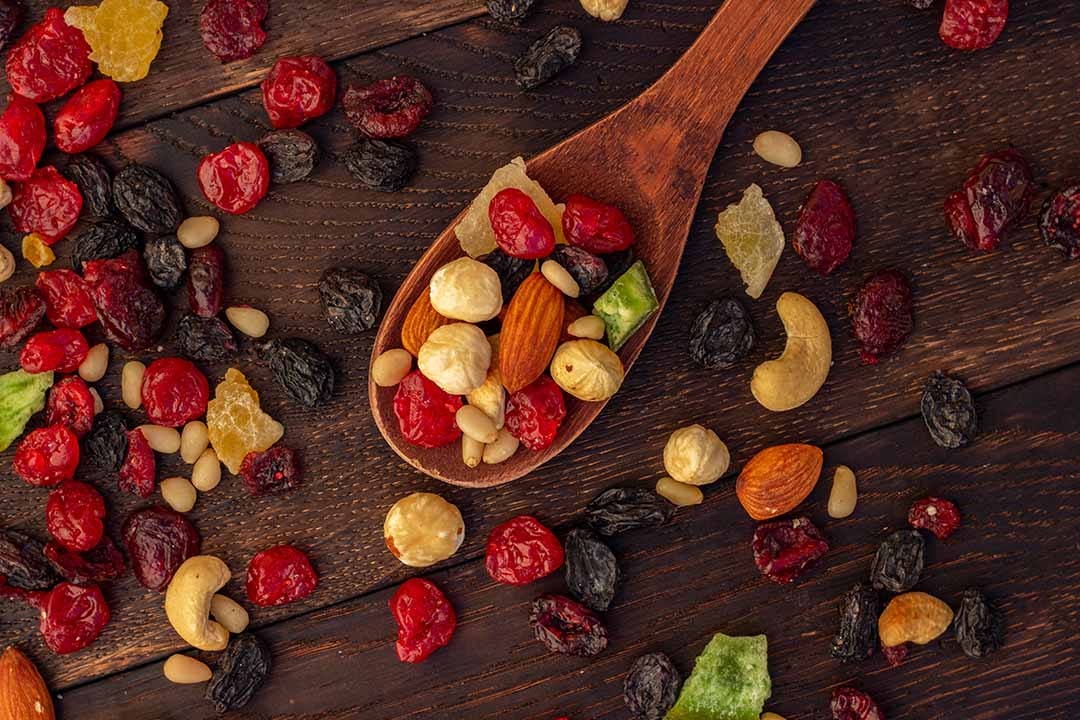Nutrition plays a pivotal role in optimizing energy levels, supporting recovery, and enhancing performance for fitness enthusiasts. Functional foods, defined as those offering additional health benefits beyond basic nutrition, can be powerful allies in achieving these goals. This article explores the role of functional foods in promoting energy and facilitating recovery, providing insights into their mechanisms of action and practical applications for fitness enthusiasts.
- Energizing Functional Foods: a. Complex Carbohydrates: Whole grains, fruits, and vegetables rich in complex carbohydrates provide sustained energy by releasing glucose gradually into the bloodstream. Incorporating foods such as oats, quinoa, sweet potatoes, and berries into pre-workout meals can fuel workouts and sustain energy levels throughout exercise sessions. b. Caffeine: Found in coffee, tea, and certain energy drinks, caffeine is a natural stimulant that can enhance alertness, focus, and endurance during workouts. Consuming caffeine in moderation before exercise may improve performance and delay fatigue by stimulating the central nervous system and promoting the release of adrenaline. c. Nuts and Seeds: Rich in healthy fats, protein, and fiber, nuts and seeds provide a steady source of energy and help maintain stable blood sugar levels. Almonds, walnuts, chia seeds, and flaxseeds are excellent options for pre-workout snacks or additions to post-workout meals, supporting energy production and muscle recovery.

- Recovery-Promoting Functional Foods: a. Protein-Rich Foods: Protein is essential for muscle repair and growth, making it a crucial component of post-workout nutrition. Lean sources of protein such as chicken, fish, tofu, Greek yogurt, and legumes supply the amino acids needed to rebuild damaged muscle tissue and support recovery. Consuming protein-rich foods within the post-exercise recovery window (typically 30-60 minutes) can enhance muscle protein synthesis and expedite recovery. b. Tart Cherry Juice: Tart cherry juice has gained attention for its potential anti-inflammatory and recovery-promoting properties. Rich in antioxidants and compounds such as anthocyanins, tart cherry juice may help reduce exercise-induced muscle soreness and inflammation, allowing for faster recovery between workouts. c. Leafy Greens: Dark leafy greens such as spinach, kale, and Swiss chard are nutrient-dense sources of vitamins, minerals, and phytonutrients that support overall health and recovery. Their high antioxidant content helps combat oxidative stress and inflammation induced by intense exercise, promoting faster recovery and reducing the risk of injury.
- Hydration Strategies: In addition to functional foods, proper hydration is essential for energy production, nutrient transport, and cellular function during exercise and recovery. Water is the primary fluid for hydration, but electrolyte-rich beverages such as coconut water or sports drinks can be beneficial for replenishing electrolytes lost through sweat. Monitoring fluid intake and adjusting based on sweat rate, exercise intensity, and environmental conditions is key to maintaining optimal hydration status and supporting performance and recovery.




